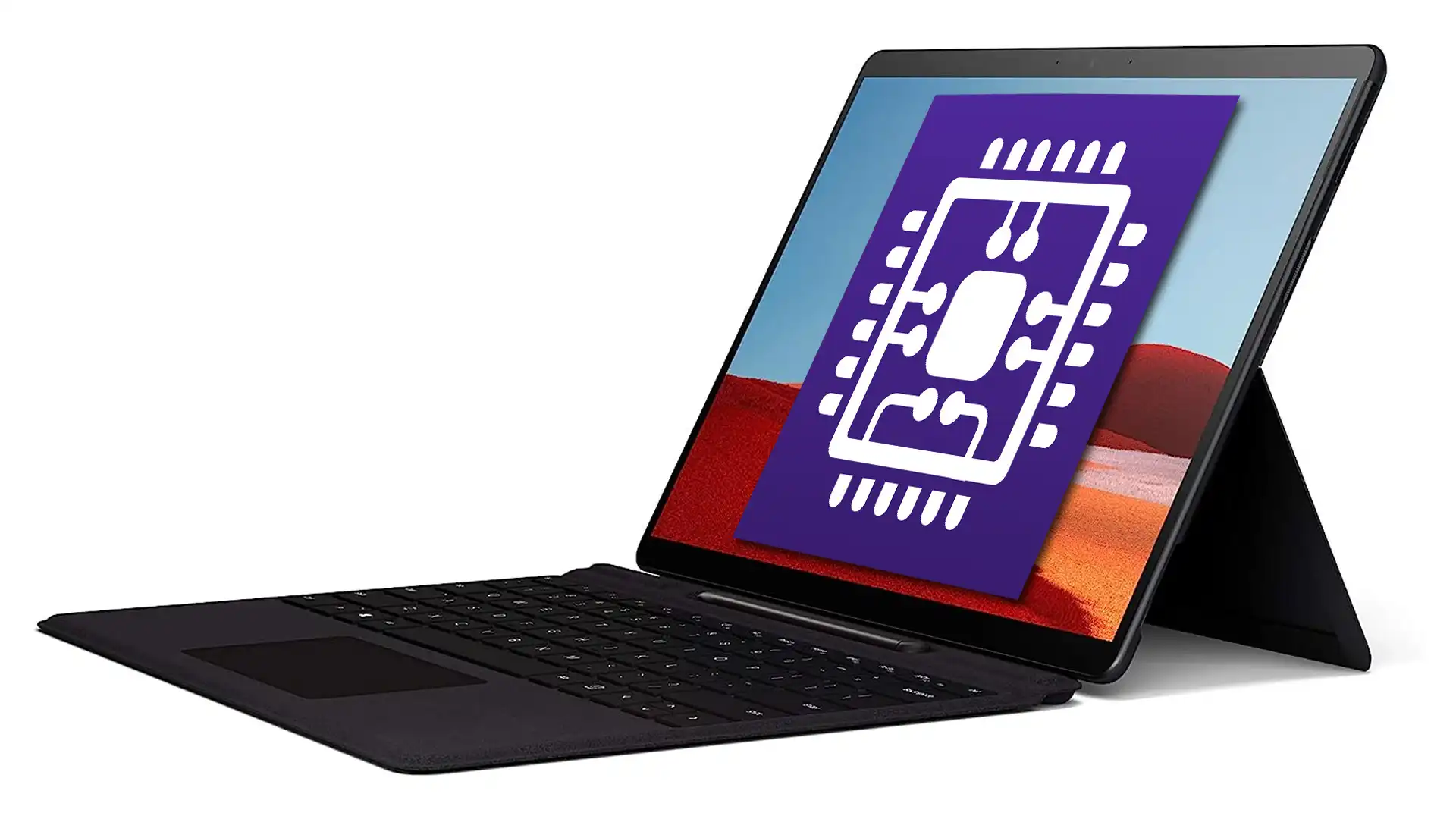
CPU-Z, a ubiquitous program in the realm of computer enthusiasts, has quietly established itself as an essential tool, making appearances in forums, benchmark reviews, and tech discussions across the board. Surprisingly, though, it has long overlooked ARM-based processors, rendering its functionality incomplete on Windows devices powered by ARM hardware. The recent release of a stand-alone version rectifies this gap, extending CPU-Z’s measuring prowess to Windows users utilizing tablets and other efficient ARM64 devices.
To access the new ARM64 iteration of CPU-Z, enthusiasts can navigate to the CPUID website, where a dedicated Windows ARM64 option now graces the CPU-Z page. This development, highlighted by VideoCardz.com, mirrors the familiar X86/X64 version, providing a seamless experience for users. Notably, CPU-Z has been a stalwart in the mobile space, boasting an Android version that has adeptly identified a myriad of mobile chip variants over the years.
In parallel, the original version of CPU-Z receives a substantial update with version 2.09. This update enhances the program’s capability on X86/X64 devices, enabling it to accurately identify Intel’s new Arrow Lake 14th-gen Core desktop CPUs, AMD’s Hawk Point (Ryzen 8000) laptop chips, and Nvidia’s RTX 4070 Super. Additionally, users can now leverage the basic benchmark tool on both single coresets and clusters.



